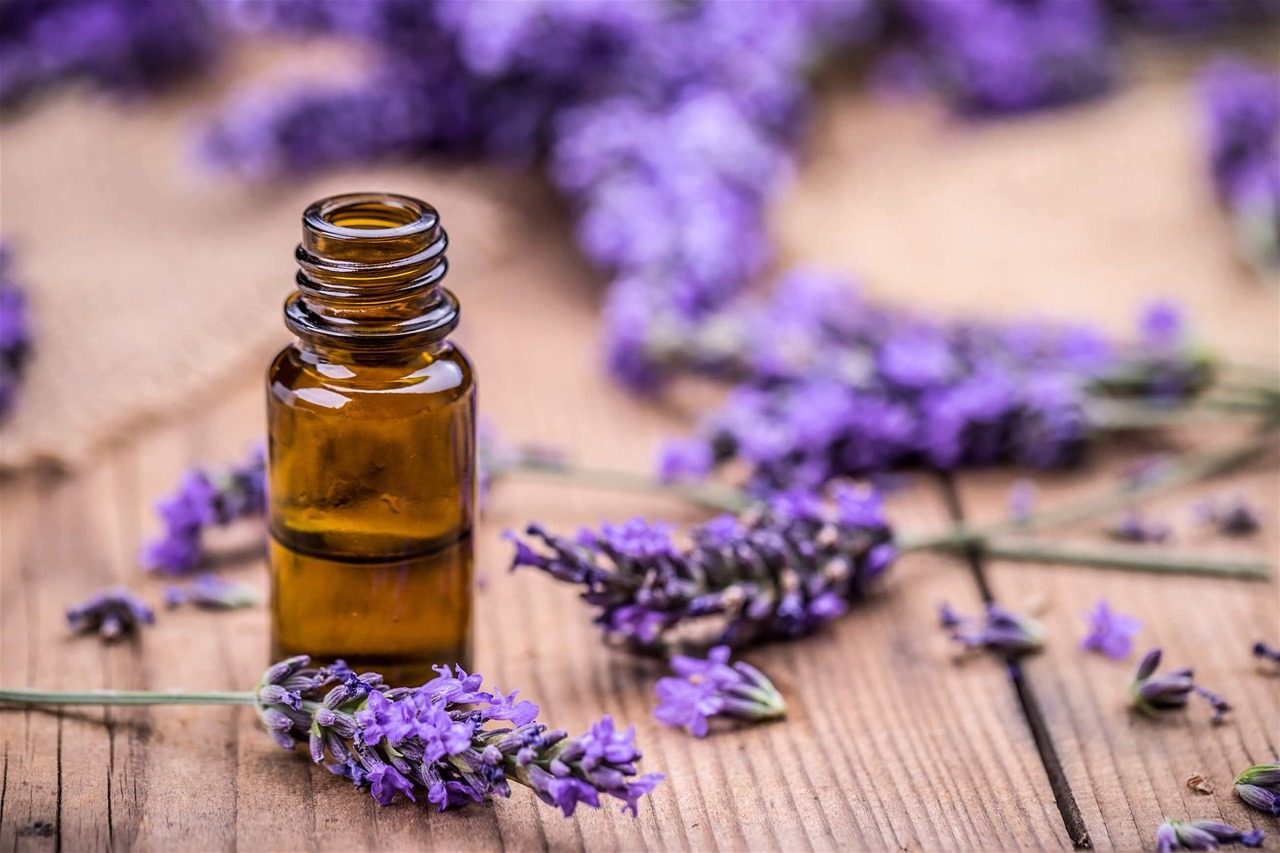Learn with us
Differences between conventional, natural and organic cosmetics
We are living a moment of utmost concern for beauty and personal care. Each of us has our own healthy habits, diet, favorite sports, and more, and we all pay special attention to taking care of our skin.
When we use cosmetics, it is absorbed by our skin and reaches our entire body. Therefore, when choosing cosmetics, it is necessary to know the differences between them, find out which are useful and what are harmful.
To help you choose the best cosmetics that do not harm your skin or cause allergies, today we share the differences between traditional, natural and organic cosmetics.
Traditional cosmetics
These products contain formulations based on strong chemical components of the skin, in addition, they pollute the environment. Some of these toxic substances are parabens, petroleum derivatives (paraffin, silicone), phthalates, formaldehyde, triclosan, sodium lauryl sulfate, diethanolamine or BHA. Its frequent exposure and use can have negative effects on the skin and on health in general.
Conventional cosmetics contain active pharmaceutical ingredients that may affect the structure or function of the skin. When applied and in contact with the skin, it reduces the level of skin transpiration and creates an occlusive condition, causing allergic skin reactions such as contact urticaria, intolerance or irritant contact dermatitis.
These cosmetics are made with artificial preservatives that make the product last longer but cause negative health effects and more pollution.
Natural cosmetics
The name of natural cosmetics is given when the product is made with natural ingredients and materials of vegetable, mineral or animal origin but also contains a certain percentage of chemical components.
It is better than conventional, because it usually has a less artificial composition, but a percentage of its composition is made from preservatives and chemicals.
It is important to pay attention to the actual composition and labeling of natural cosmetics. There are products on the market with some plant ingredients added in small amounts to their synthetic formula and they are labeled as 100% natural when in reality they are not.
Organic cosmetics
Before defining organic cosmetics, we want to point out that organic cosmetics will always be natural, but not all natural cosmetics will be organic. Many manufacturers use small percentages of a natural ingredient to be able to use the term but they don’t qualify or certify it as organic. Therefore, it is important to pay attention to the actual composition of each product.
Organic cosmetics are made only from natural ingredients, materials and ingredients that have been produced in accordance with organic and sustainable farming standards (no use of fertilizers, pesticides, or chemical herbicides, among others) and without harming or altering the environment.
These materials are considered safe and do no harm, as they restore cells and rejuvenate them.
